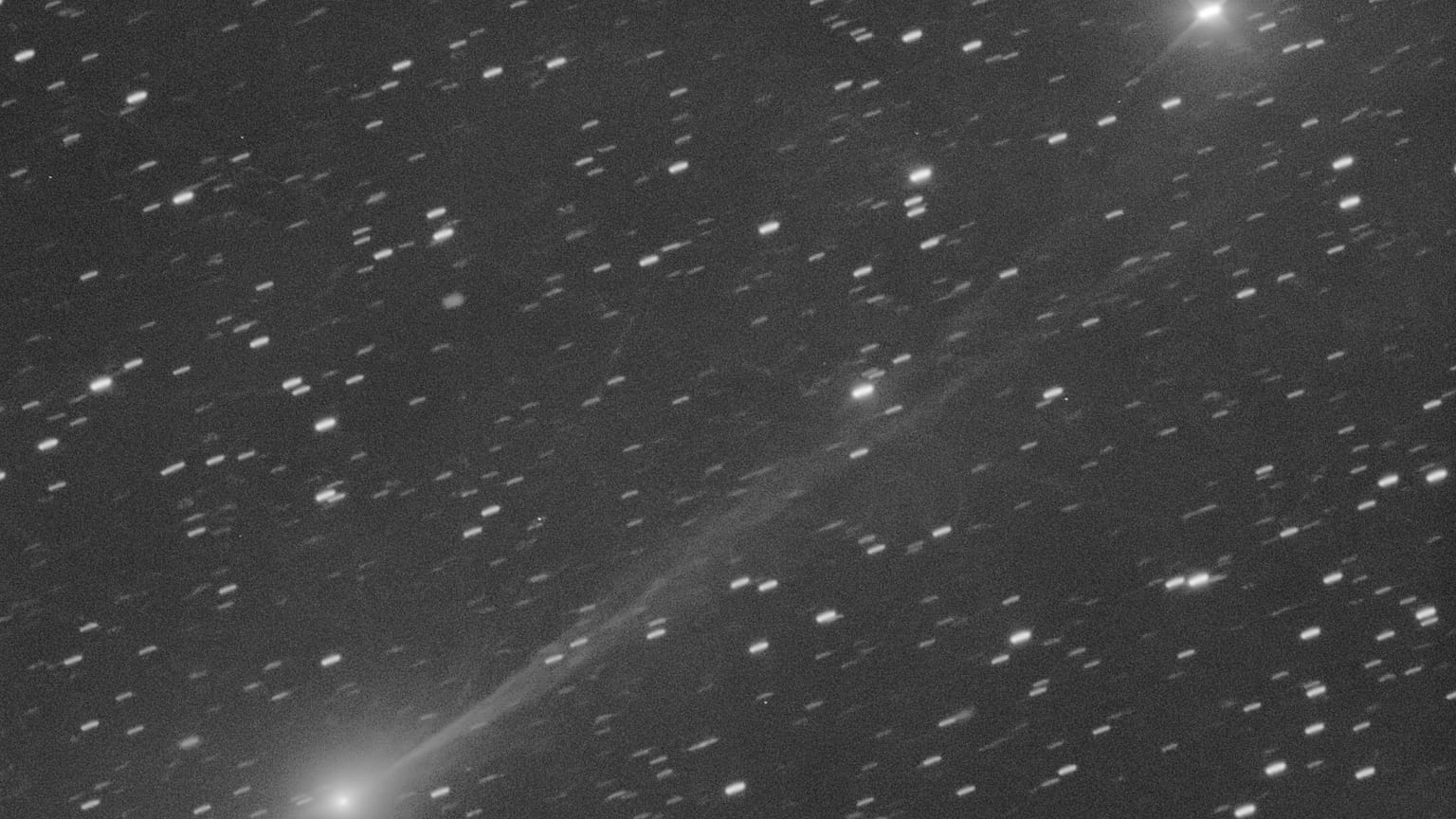NASA could be on the verge of a significant overhaul as billionaire Jared Isaacman, President Donald Trump’s contentious choice for administrator, presents an ambitious blueprint for the organization.
Project Athena: an ambitious roadmap
Isaacman, whose nomination to head NASA has been a recurring event, having been put forward, then retracted, and subsequently re-proposed, has released a 62-page report named Project Athena outlining his vision for the agency. Although certain parts are now deemed obsolete, the blueprint indicates extensive transformations, ranging from internal restructuring to bold objectives for deep-space missions. Isaacman has stressed that this document was conceived as an initial framework, designed to be refined as he collects information after his confirmation.
Among the suggestions are plans to transform NASA facilities to concentrate on nuclear electric propulsion, a fresh Mars initiative dubbed Olympus, and a leadership approach encapsulated by «accelerate, rectify, eliminate.» This blueprint has the potential to profoundly alter both NASA’s activities and the professional experiences of its workforce, igniting conversations throughout the aerospace sector. Casey Dreier, head of space policy at the Planetary Society, observed that these proposals are considerably more impactful than many had foreseen.
Political tensions and confirmation hurdles
Isaacman’s renewed nomination occurs amidst political discord. Disclosures concerning the Project Athena document have ignited conjecture about internal power dynamics, especially involving Transportation Secretary Sean Duffy, who is currently supervising NASA. Accounts indicate the leak might have aimed to jeopardize Isaacman’s confirmation, although both Isaacman and Duffy have publicly minimized any friction.
Congressional approval remains a critical step for Isaacman to enact his proposals. Senators representing states with major NASA centers have expressed concerns over potential closures or privatizations. Maryland’s Sen. Chris Van Hollen stressed the importance of protecting scientific initiatives at Goddard Space Flight Center, while Virginia’s Sen. Mark Warner cautioned against measures that could jeopardize key missions and the talent that drives them. These lawmakers have yet to indicate their final vote on Isaacman’s confirmation, leaving the future direction of NASA uncertain.
Mars ambitions and nuclear propulsion
A prominent feature of Project Athena involves the establishment of the Olympus Mars initiative, designed to harmonize with SpaceX’s scheduled robotic expeditions to the red planet. Isaacman’s proposal details a concept where NASA backs private sector space ventures with limited public funding, concurrently advancing nuclear electric propulsion. This method, fueled by compact nuclear reactors, could supply continuous power for spacecraft, facilitating swifter and more adaptable journeys between planets.
Isaacman has openly championed this perspective, collaborating on an opinion piece with Newt Gingrich that highlighted the critical role of NASA in addressing unique challenges beyond the scope of other entities. Envisioned demonstration missions encompass the orbital rendezvous of a nuclear-powered vessel with a crewed spacecraft, potentially paving the way for extended deep-space journeys. Although nuclear propulsion stands as a primary objective, Isaacman has stated that lunar exploration will serve as the «bedrock» prior to a complete shift towards these ambitious endeavors.
The Moon and Artemis III
Although Project Athena initially focused on Martian exploration, recent policy changes have shifted the primary emphasis to the Moon. The Artemis III mission, designed to put astronauts on the lunar surface, depends on SpaceX’s Starship for crew transportation. Questions have arisen concerning Starship’s preparedness and appropriateness, prompting conversations about other potential suppliers. Isaacman has indicated his willingness to partner with any company capable of safely transporting astronauts to the Moon, demonstrating adaptability without endorsing a particular provider.
The Trump administration’s revived focus on lunar expeditions, coupled with a $10 billion increase in congressional funding, highlights the significance of the moon initiative. Isaacman’s strategy aims to reconcile lunar goals with future Mars aspirations, stressing both scientific exploration and human venturing as core to NASA’s purpose.
Implications for science and research
Project Athena additionally encompasses contentious concepts regarding NASA’s function in climate research and data collection. Isaacman proposes assigning specific research duties to academic entities while utilizing commercial suppliers for Earth observation information. Detractors express concern that this might diminish NASA’s direct participation in environmental oversight, although Isaacman has clarified that the objective is to reallocate assets towards planetary science and other crucial endeavors.
The document outlines additional reforms, including restructuring boards and committees to streamline decision-making, adopting a risk-aware approach to projects, and implementing a comprehensive reorganization to reduce bureaucratic layers. These changes, while intended to improve efficiency, could further strain an already unsettled workforce. NASA has experienced significant staff reductions, and employees have cited political distractions and budget uncertainties as sources of concern.
A fresh chapter for NASA?
Isaacman’s unconventional background—as a tech CEO and private astronaut—sets him apart from traditional NASA administrators, who often come from scientific, engineering, or academic careers. His commercial space experience and reputation as an energetic outsider have earned support in the private sector, where there is optimism about the potential for innovation under his leadership.
However, his vision will require careful negotiation with Congress, NASA employees, and commercial partners to implement. From nuclear propulsion to Mars and lunar programs, the proposals in Project Athena could redefine NASA’s trajectory for decades.
While Jared Isaacman awaits official confirmation, NASA’s trajectory remains uncertain, as its grand aspirations and the current political climate define the upcoming era of U.S. space endeavors.





